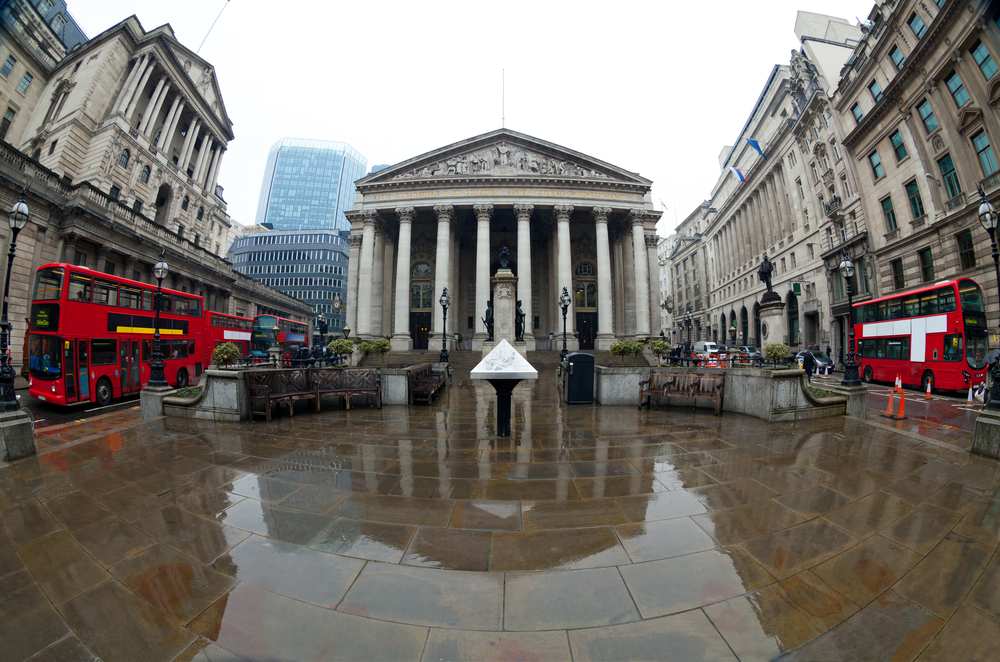Household Bills
Bank of England governor quizzed on soaring inflation

The Bank of England governor, Andrew Bailey, has been quizzed on its monetary policy response as inflation is expected to breach 10% later this year.
Andrew Bailey is this afternoon responding to questions posed by the treasury select committee, with it seeking to find out whether the Bank was slow in its response to tighten monetary policy, whether any mistakes were made and why inflation is way over its 2% target.
Bailey told the committee that he is “not happy” about the forecast inflation rate which is set to breach 10% in Q4 2022, adding that “it’s a bad situation to be in”.
However, he explained that 80% of the inflation target overshoot is down to energy and tradeable goods, particularly the impact on global prices coming into this country because of a series of supply shocks.
“A big factor is Russia’s invasion of Ukraine. We can’t predict things like war, it’s not in our power.”
He added that the hold of Covid in China which seems to be more serious this time around is also a factor.
The governor of the Bank of England added that the remaining 20% inflation overshoot is due to the UK’s very tight labour market, the uncertainty around the end of the furlough scheme and “surprising” number of workers who had exited the labour market.
Bailey said: “A million jobs were right on the end of the furlough scheme – in excess of what we expected. There was uncertainty about the effect of it ending.”
He told the committee that they didn’t expect the end of the furlough scheme to end in big unemployment (3.8%), but said he was surprised by the 320,000 increase in long-term sickness numbers and lower projected view of labour participation.
“We took the view that the fall in participation would unwind, return to something more like the labour market pre-covid”, Bailey said.
He added: “The scale and persistence of the fall is unusual. The financial crisis had a much smaller fall but recovered much more quickly.”
Other Bank members added that even if the Bank did tighten monetary policy sooner (started in December), they didn’t think it would have made much of a difference because of the “first round effects” of import and goods supply chain and the energy price shocks seen even before the Russian invasion of Ukraine.